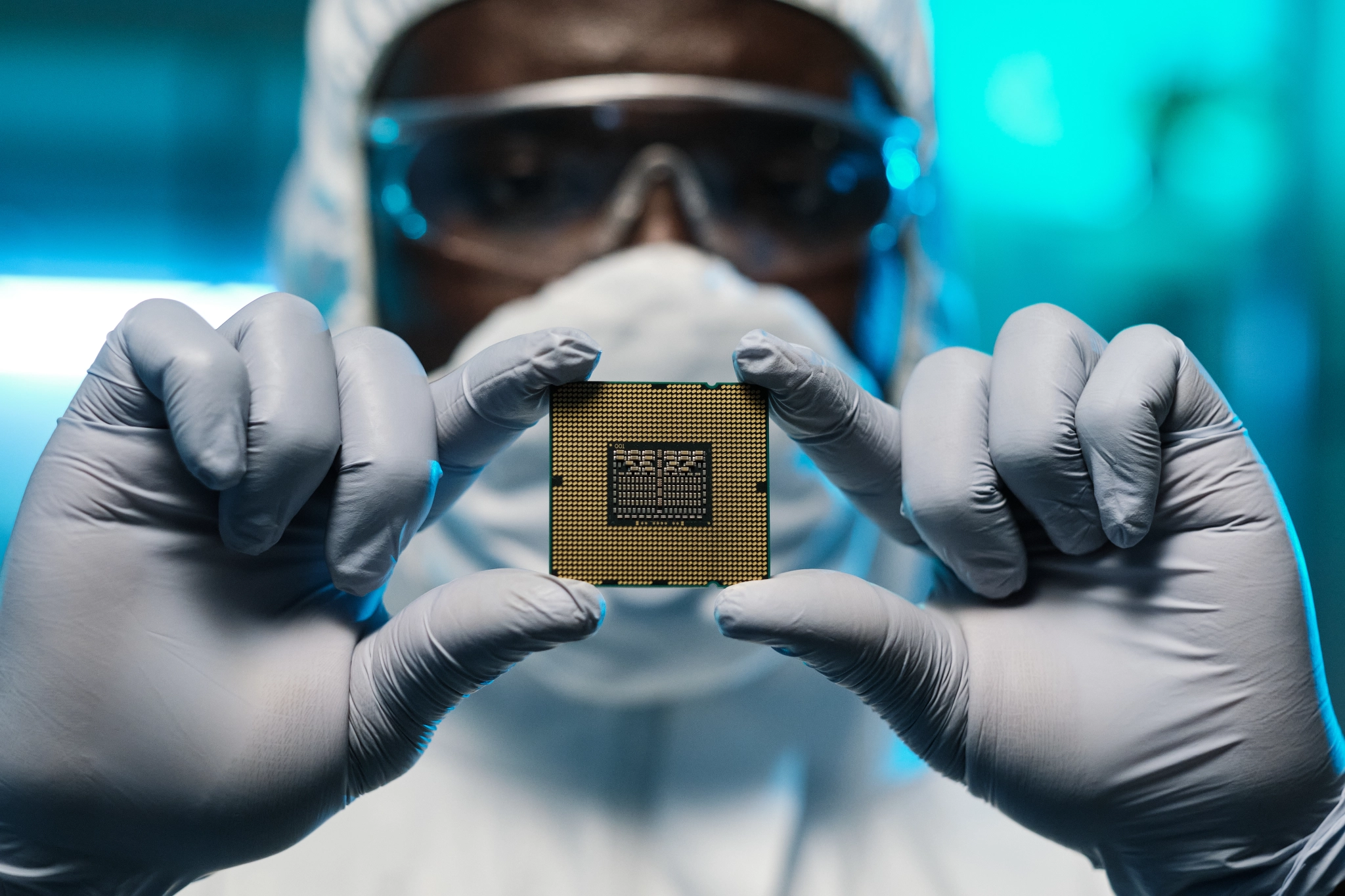CHIPS ACT to Boost US Chip Production
Published: 9.26.2022
According to analysts, the Biden-Harris Administration has implemented an industrial strategy to revitalize domestic chip manufacturing to regain technological primacy and reinforce America’s chip supply chains.
The severity of disrupted supply chains weakened by geopolitical issues, strained economies, and two years of pandemic resulted in a shortage of semiconductors worldwide. As a result, companies that previously relied on readily available semiconductors suddenly faced longer lead times and high shipping costs.

Intending to alleviate the complications in the semiconductor industry in America, lawmakers created the CHIPS Act to assist manufacturers in establishing foundries in America to produce the upcoming chip generation.
The White House stated the legislation would provide 52.7 billion U.S. dollars for American semiconductor research, development, manufacturing, and workforce development while offering a 25% investment tax credit for capital expenses for manufacturing semiconductors and related equipment.
With this legislation, the U.S is seeking to strengthen its global competitiveness in the semiconductor industry after years of losing ground to Taiwan’s TSMC and South Korea’s Samsung. They are dead set on leveling the playing field in semiconductor production as China consistently shows tremendous growth in the market.
Spurred by the movement of the CHIPS Act, existing manufacturing companies have already announced their investments in American semiconductor manufacturing.
BofA securities analyst Vivek Arya claimed in an interview with Investor’s Daily Business that Intel would be one of the biggest beneficiaries of the CHIPS Act. Intel is building a new chipmaking plant in Ohio and is expanding its operations in Arizona and New Mexico and is taking advantage of similar European semiconductor reshoring initiatives.
In addition, GlobalFoundries disclosed its extended supply agreement with Qualcomm through long-term strategic contracts with existing and new customers while simultaneously expanding global capacity to meet customer demand.
Micron also announced its plans to invest $40 billion to build leading-edge memory manufacturing in the U.S. Production is expected to begin at the end of the decade.


.png)


